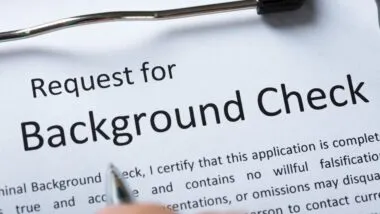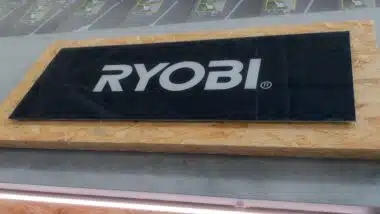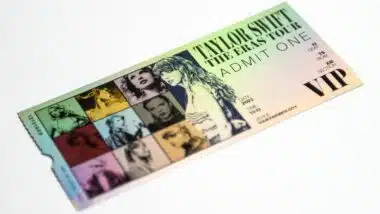 Consumer should know that the merchant practice of printing credit card numbers on receipts may violate consumer protection laws.
Consumer should know that the merchant practice of printing credit card numbers on receipts may violate consumer protection laws.
If you received a receipt from a merchant that displayed more than the last five digits of your credit card number, or displayed the card’s expiration date, then that merchant was likely in violation of the Fair and Accurate Credit Transactions Act (FACTA), which establishes protections for U.S. consumers against fraud and identity theft.
In accordance with FACTA requirements, nowhere on a receipt may a merchant print a credit card’s expiration date or anything other than the last five digits of a credit card number. These rules were instituted in 2003 to combat the growing problem of credit card fraud and identity theft. It was enacted as an amendment to the Fair Credit Reporting Act and became fully effective in 2006.
The law certainly applies to printed receipts, but courts haven’t agreed on whether or not the restrictions apply to receipts that are sent to recipients electronically, like by email or text message. The restrictions do not apply to transactions in which a credit or debit card account number is recorded by hand, or in cases in which an imprint of the card is made as a record of the transaction. This restriction on the information permitted on printed receipts applies to transactions of any amount.
The law prohibits businesses from knowingly exposing more than the last five digits of a consumer’s credit card number on a receipt, but also has provisions against a business “recklessly” and “carelessly” exposing information. So, even if a business did not intentionally expose a consumer’s information, if they were careless in exposing the information and in printing credit card numbers on receipts, they may sill be in violation of the law.
Credit card number violations may appear in a number of ways. Merchants often obscure credit card numbers with symbols, but even if this is the case, violations can still occur. Below are a few common ways in which inappropriate data is revealed through printing credit card numbers of receipts:
Example 1: 11** **** **** 4456
Example 2: **** **88 **** 4456
Example 3: **** **** **33 ****
It is important to note that even if fewer than five total digits are revealed, if those digits are not some of the last five, then a FACTA violation may have occurred.
Expiration date number violations can appear in a variety of ways, and can be tricky to spot. Below is a list of ways in which merchants often violate FACTA by revealing your credit card’s expiration date.
Example 1: EXP: 03/20
Example 2: EXP: 03/2020
Example 3: EXP: 032020
Example 4: EXP: 0320
Example 5: Expires: 0320
Example 6: Exp Date: 03/20
Example 7: Exp Date: 03/31/20
Example 8: EXPIRY: 03/20
Example 9: 03/20
Example 10: 0320
Example 11: Exp. Date 03/**
Example 12: EXP. **/20
Allegedly, Congress did not foresee the vast number of violations that would be reported after FACTA was enacted. This has lead to a great number of class action lawsuits accusing businesses of recklessly printing credit card numbers on receipts and exposing consumer information.
FACTA has a statute of limitations period that limits when affected consumers can bring a civil FACTA lawsuit. Consumers who believe they have a FACTA violation on their hands would do well to consult a FACTA lawyer sooner rather than later.
Free FACTA Class Action Lawsuit Investigation
If you made one or more purchases and the retailer provided you with a receipt that contained more than the last five digits of your credit or debit card number or the expiration date, you may be eligible for a free class action lawsuit investigation and to pursue compensation for these FACTA violations.
ATTORNEY ADVERTISING
Top Class Actions is a Proud Member of the American Bar Association
LEGAL INFORMATION IS NOT LEGAL ADVICE
Top Class Actions Legal Statement
©2008 – 2025 Top Class Actions® LLC
Various Trademarks held by their respective owners
This website is not intended for viewing or usage by European Union citizens.














